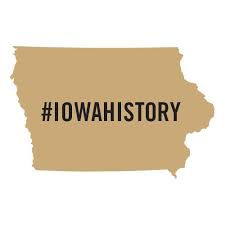Tippie College launches Office of Strategic Partnerships to boost business ties

The Tippie College of Business at the University of Iowa has launched an Office of Strategic Partnerships as part of an effort by the college to spur additional connections with businesses and community organizations across the state.
“When companies are facing a business challenge, we want them to think of Tippie as their solution,” said Amy Kristof-Brown, dean of the Tippie College of Business, who initiated the program. “Our vision for the Office of Strategic Partnerships is to concentrate on developing productive relationships with all aspects of the business community in Iowa and other states, including corporations, nonprofits and community associations.”
The new initiative — to be led by an executive director that will soon be announced — seeks to pull together current pockets of engagement that exist across the college, with a goal of both deepening and broadening connections. ”It’s a win-win situation because our partners gain solutions and the college gains greater visibility,” Kristof-Brown said.
The office will provide a single point of entry and connection to collegiate resources for businesses, among them:
– The Tippie Analytics Cooperative, the college’s industry-facing arm for all things analytics. The cooperative builds partnerships throughout the region that result in hands-on projects for Tippie students and data-based business decisions for its clients.
– The Marketing Institute, which partners with outside business clients on marketing challenges.
– The Tippie Leadership Collaborative, a resource hub for companies and nonprofits looking for management expertise through expert speakers, custom executive education and research partnerships.
– The John Pappajohn Entrepreneurial Center, a resource for economic development within the region with its focus on small businesses and startups.
Building corporate partnerships will increase the number of student projects, live case studies and consulting opportunities that students and faculty will have using real-world data, Kristof-Brown said. Strong engagement with students will help organizations solve business problems and expose them to a high-quality workforce. If done well, partnerships could also lead to increased corporate-generated philanthropic support for the college’s mission.
“We are striving to be a catalyst for transformation through thought leadership, educating innovative problem solvers, and productive partnerships,” Kristof-Brown said. “This is a bold step toward that vision.”









